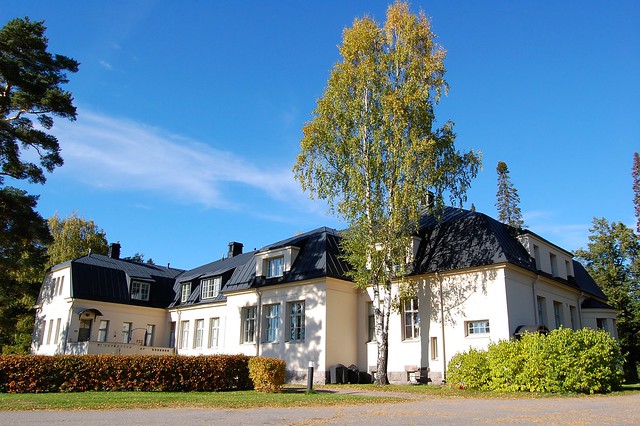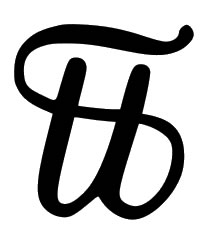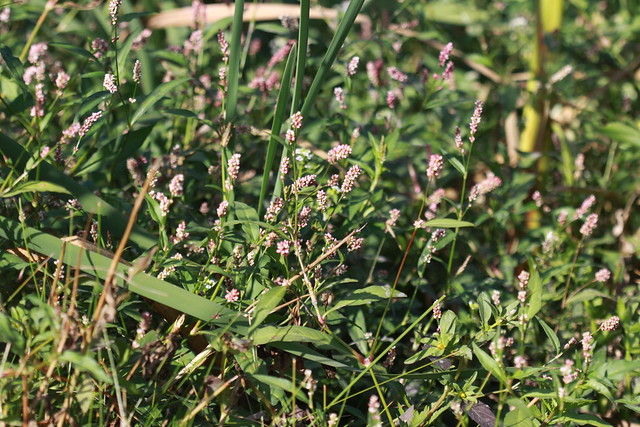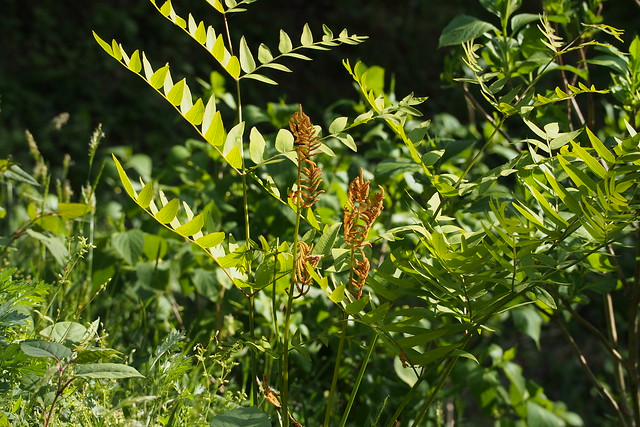What links the word gossamer with geese and summer?
Gossamer means:
- a fine film or strand as of cobwebs, floating in the air or caught on bushes, etc.
- A soft, sheer fabric
- Anything delicate, light and flimsy
It comes from the Middle English gossomer (a filmy substance consisting of fine cobwebs, gossamer; a web or filament of gossamer; something light, trivial, or worthless; a trivial wound), which is thought to come from go(o)s (goose, fool, idiot) and somer (summer). It first appeared in writing in about 1300, when it referred to cobwebs or other light things. Before that it may have referred to a period of warm weather in late autumn when geese were eaten, and later became associated with cobwebs as they are somewhat similar to goose down [source].
Related words include:
- gossamered = cover with gossamer
- gossamer spider = any small or young spider that spins webs by which to sail in the air.
- gossamer-thin = light and thin; having a flimsy factual basis; unsubstantiated, hard to believe
- gossamery = like gossamer; flimsy
A period of warm weather in late autumn is also known as an Indian summer, a term which was first used in North America in the late 18th century. It’s possible that Native Americans called it a form a summer as they harvested some late crops and were preparing for winter during this season, or that it was coined by Europeans and associated with the Native Americans’ activities [source].
Other names for this period include St. Luke’s summer, little summer of St. Luke, all-hallown summer, St. Martin’s summer and Michaelmas summer.
Do you know any other names for this period in English or other languages?












